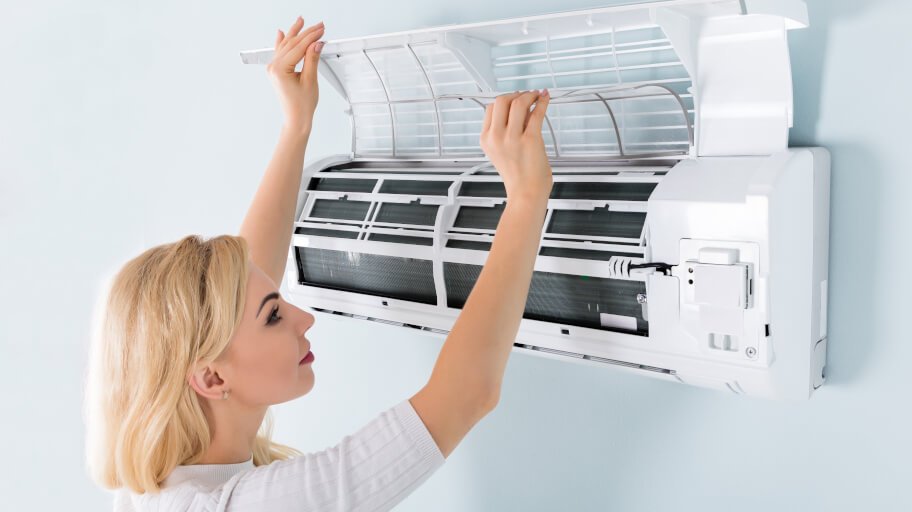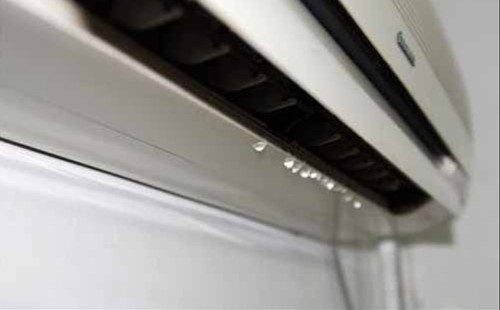When my air conditioner starts acting up, I know it’s time to check it before things worsen. A properly working AC keeps my home comfortable, and if I notice any issues like an unresponsive thermostat, short cycling, or strange odors, I take it as a sign to call an HVAC technician.
Common Signs My AC Needs Repair

| Issue | Description | Solution |
|---|---|---|
| Unusual Noises | Grinding, banging, or squealing sounds may indicate loose parts or motor issues. | Call an HVAC technician to locate and fix the problem. |
| Frequent Cycling | Short cycling means the system turns on and off too quickly, preventing proper cooling. | Check thermostat placement and call a professional for repairs. |
| High Humidity | Increased indoor humidity levels may signal poor dehumidification. | Clean evaporator coils or add a dehumidifier. |
| Uneven Cooling Consistency | Some rooms feel warmer than others, indicating restricted airflow. | Replace clogged filters and check for blocked vents. |
| Visible Water Leaks | Water puddles around the indoor unit may mean clogged drain lines. | Get the system checked to prevent water damage. |
| Unpleasant Odors | Musty smells could mean mold, while burning odors indicate wiring issues. | Schedule an inspection and necessary repairs. |
| Increased Energy Use | Unexpected spikes in energy bills suggest the AC is overworking. | Check for refrigerant leaks and dirty coils, then call a technician. |
Here are the signs I look for to determine if my AC needs repairs: In Details
Unusual Noises
I expect my air conditioner to produce a soft humming noise while it’s running, but if I suddenly hear grinding, banging, or squealing sounds, I know something is wrong. These noises often mean parts are loose, motors are failing, or debris is stuck inside the unit. When I hear anything unusual, I don’t ignore it—I call an HVAC technician to find the source and prevent further damage.
Frequent Cycling
Short cycling is one of the most frustrating problems I’ve encountered with my AC. If my system turns on and off too quickly, it might struggle with sensor or thermostat problems. Sometimes, improper wiring or poor thermostat placement can cause it to misread the room’s temperature, leading to premature shutdowns. If this happens frequently, I contact an HVAC professional to diagnose and fix the problem before my energy bills skyrocket.
High Humidity
One of the reasons I rely on my AC is to keep my home’s humidity levels in check. If I notice that my space feels more humid than usual, I know my AC might not be completing its cooling and dehumidification cycles properly. Dirty evaporator coils and system inefficiencies can lead to poor moisture control. In these cases, I either schedule an AC repair or consider adding a dehumidifier to enhance the cooling system’s performance.
Uneven Cooling Consistency
I pay close attention to how well my AC cools different rooms in my home. If some areas feel warmer than others, I know something is off. Restricted airflow caused by clogged filters or blocked vents can lead to uneven cooling. To fix this, I check and replace the air filters regularly and make sure nothing is blocking the vents. If the problem persists, I call in a technician to inspect the blower motor and fan.
Visible Water Leaks

I know I need to act fast when I see water pooling around my indoor AC unit. This usually happens due to clogged condensate drain lines or pans, causing the collected moisture to overflow. Since water damage can be a big problem, I don’t wait—I check my system to ensure that excess moisture is being drained properly.
Unpleasant Odors
Musty odors coming from vents suggest mold growth in the HVAC system. The air that passes over wet, dirty coils can carry these mold spores into living spaces. Burning or metallic smells indicate wiring or electrical malfunctions, while chemical-like scents point to possible refrigerant leaks. An HVAC technician can identify the source of the odor and perform a professional AC repair to clean coils and ducts or repair electrical components.
Increased Energy Use
If my electricity bill suddenly spikes, my AC might be the culprit. I check my energy usage compared to previous months or years, and if I see an unexplained increase, I know my unit might be working harder than it should. Common causes include refrigerant leaks, compressor issues, airflow blockages, or dirty coils. Since an inefficient AC costs more to run, I make sure to have my system evaluated by an expert to avoid wasting energy and money.
Why I Call an HVAC Professional

Whenever I notice any of these warning signs, I don’t wait for my AC to break down completely. Scheduling repairs early helps improve efficiency, extends the lifespan of my unit, and prevents unexpected failures—especially during the hottest days of summer. I also make sure to enroll in a maintenance plan with a trusted HVAC contractor so my system stays in top shape year-round. If my AC ever needs repair or replacement, I contact a professional right away to keep my home cool and comfortable.

